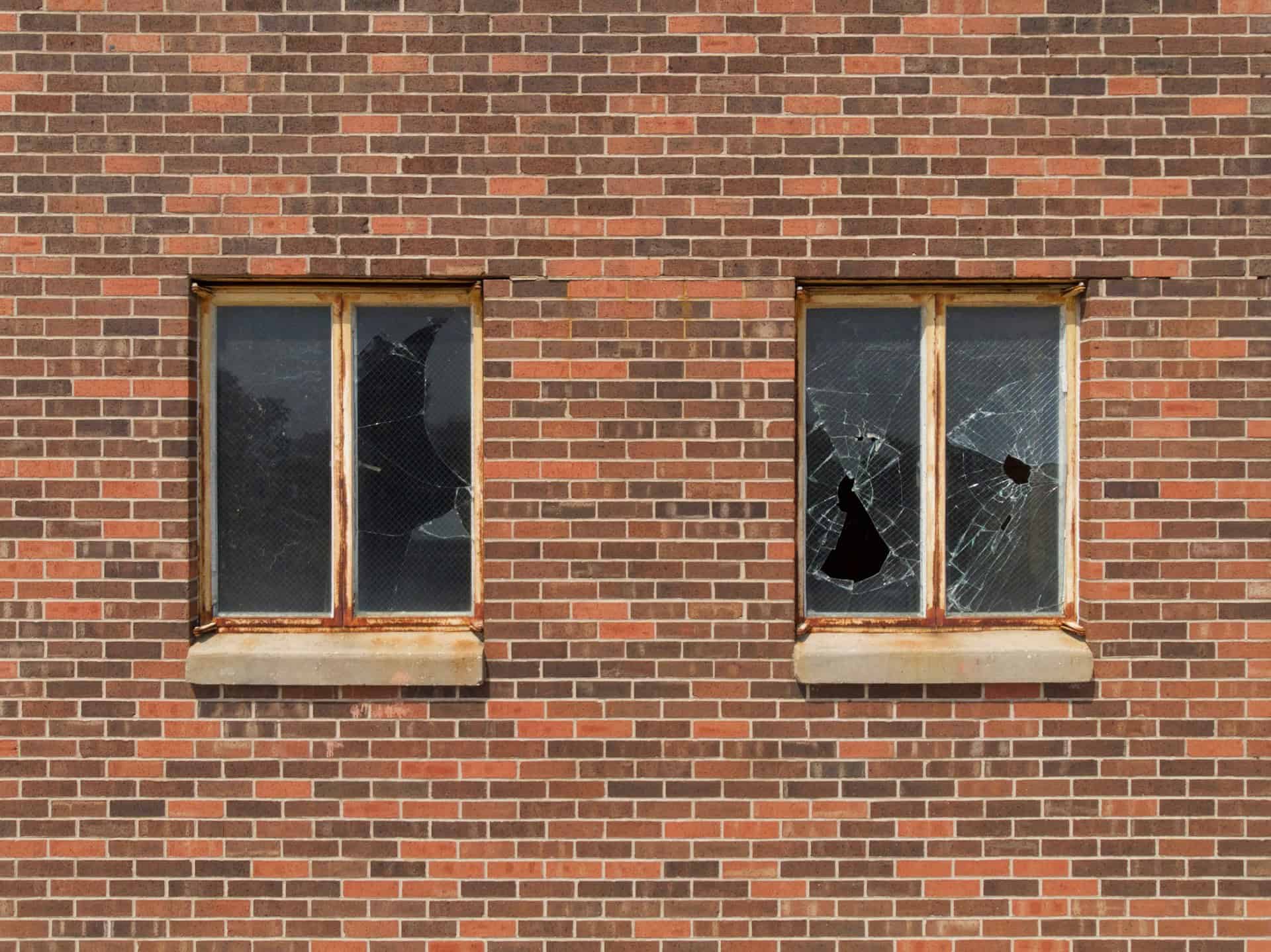If you’re a landlord or business owner looking for a way to protect yourself from dilapidation or damage claims, you should consider a schedule of condition report. This gives you peace of mind that you’ll be able to protect yourself from any future false claims. But, first things first, what is a schedule of condition?
A schedule of condition is an annotated photographic report that provides a baseline for the condition of a property before a new occupancy takes place. This protects tenants, landlords, and business owners from false claims and provides evidence to dispute or reinforce a claim.
Read on to find out more about what a schedule of condition is, when it’s used, who should prepare the report, and how much a schedule of condition costs.
What Is a Schedule of Condition?
A schedule of condition can be very useful for a business that’s taking on a new lease or a landlord that’s planning to lease out a premises. Its purpose is to document the condition of occupancy, and to link this to the repairing clauses of the lease, allowing you to protect your assets in case of any damage or issues in the future.
This schedule of condition will include a detailed analysis of the condition of all aspects of the property, both inside and outside. It will come as a photographic report with annotations to provide the highest degree of detail about the property. It will be appended to the lease, and referred to during the lease and at lease end
This helps to protect against any dilapidations or damage claims in the future by ensuring that the condition of the property at the time of rental is officially documented. Meaning that if complaints are made in the future you can prove if this happened before or after the occupancy began.
Are Schedules of Condition Normal?
Yes. A schedule of conditions is a standard part of the lease or rental process that should always be completed to protect yourself, your tenants, or your business from unfair claims.
A schedule of condition should be considered a legal requirement for new agreements, however, they aren’t enforceable. A schedule of condition should be completed as failing to do so could leave yourself at risk of dispute, so we highly recommend getting one completed at the start of the tenancy. If you have to complete a schedule of condition part way through the lease, you open yourself up to lengthy discussions on the ratings and comments within the document. For example, the landlord’s side may want the condition of the front door to be logged as excellent, but the other side might want it logged at a lower rating.
Who Prepares a Schedule of Condition?
The schedule of conditions can be prepared under the instruction of either a tenant, landlord, employer, neighbour, or contractor. This should be carried out by an independent, experienced professional surveyor to ensure that the results can’t be disputed and give it greater weight in the event of any claims.
In the event of a party wall dispute with a neighbour, you can use your schedule of condition during disputes and negotiations during/after changes to the party wall in question – they could definitely work in your favour! Find out more about Party Walls on our website.
It’s always recommended that you use the expertise of a RICS-certified surveyor such as Fourth Wall. Our expert surveyors stay clear of jargon-heavy reports to ensure that everyone understands exactly what their position is. Get in touch for more information.
How Much Does a Schedule of Condition Cost?
As with the majority of surveys and valuations, the cost of a schedule of condition will depend on specific details of the property, such as its size and complexity. Most surveyors will provide free consultations for a no-obligation quote, so we recommend getting in touch with a RICS-certified surveyor to get an accurate cost.
Can You Do a Schedule of Condition Yourself?
With the landlord’s permission, anyone is technically able to complete a schedule of conditions survey. However, this may not be as respected in a claims situation depending on who completed it. This is why it’s always recommended to hire a RICS-certified surveyor to complete the schedule of conditions for you, this will give it its full weight during any disputes.

Schedule of Condition Surveys With Fourth Wall
Here at Fourth Wall, we know that renting out your property or moving into a new commercial property can be both an exciting and very stressful time. Having an experienced survey team working alongside you will provide the peace of mind that we all hope for in these situations.
Fourth Wall are RICS-accredited surveyors that you can trust. We offer a wide range of services, from RICS level 3 building surveys to building reinstatement cost assessments. If you’re looking for a schedule of condition to protect yourself from future claims, visit our schedule of condition page today or get in touch with a member of our team.




